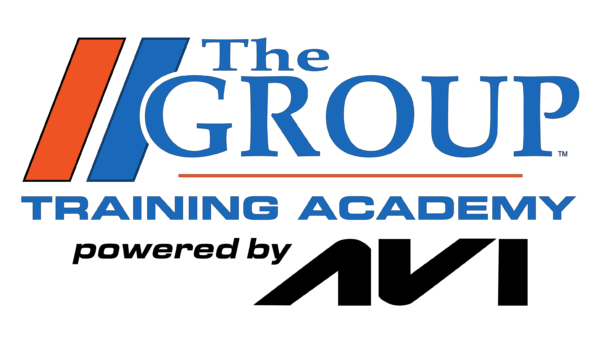Description
Cooling Systems and Coolants Classroom Training
Suitable Audience:
Course Description: Vehicle functional requirements, emission regulations, and performance all impact the cooling systems. Severe climates, disrupted air or water flow, and coolant routing present unique challenges to technicians servicing vehicle cooling systems. This course introduces the components, diagnostics, and services that affect cooling system operation and performance.
The goal of this course is to introduce technicians and service personnel to the basic principles of cooling systems for light and medium-duty vehicles. Participants will learn about components that are directly and indirectly related to coolant flow, system pressure, fans, radiators, heater cores, closed-loop thermal recirculation, and overall system performance. Basic concepts will be reinforced with examples and a cooling performance calculation of a typical automotive cooling system.
Course Objectives:
- Understanding the relationship between the cooling system and efficient engine operation
- Identifying the design and functional features of individual cooling system components
- Discuss various types of cooling fluids and their use in associated vehicles
- Identifying maintenance procedures applicable to cooling systems
- Diagnose cooling airflow issues
- Describe radiator/ heat exchanger operation sizing and factors that influence thermal effectiveness and performance.
- Diagnose heater core failure and describe procedures to repair
- Troubleshoot electrical issues related to the operation of a cooling system
- Explain the impact of coolant system issues to closed loop and ignition system operation
- Diagnose cooling system issues using pressure testing.
- Diagnose thermostat and water pump failure
- Perform transmission and A/C diagnostics to verify proper cooling system operation
Training Activities:
Course Accredited Hours: 4

